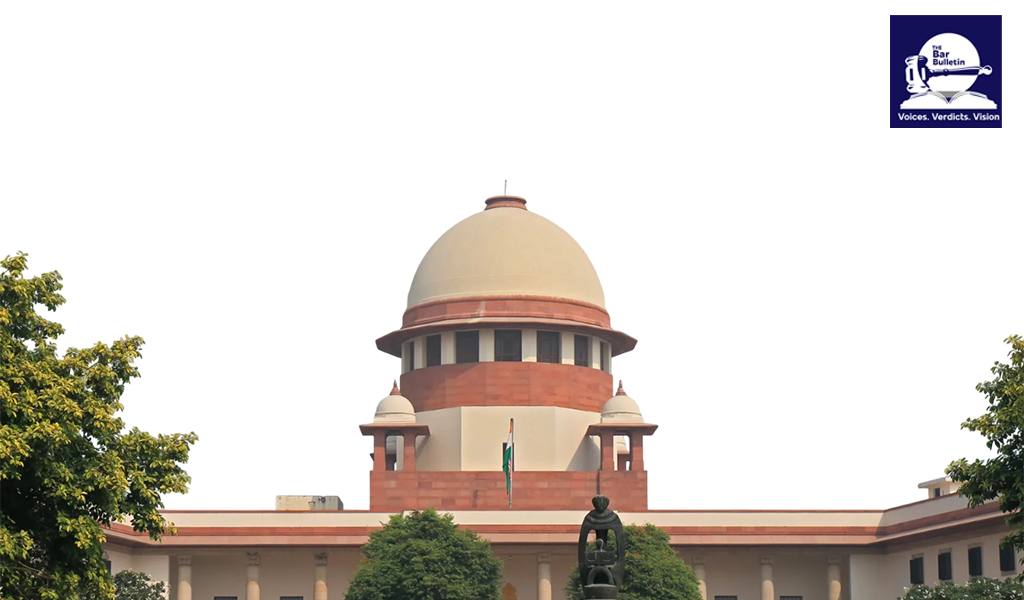The Supreme Court held that the offence of threatening a person to give false evidence under Section 195A of the Indian Penal Code (IPC) is cognizable, empowering the police to register an FIR and investigate such cases without requiring a court complaint.
A Bench of Justice Sanjay Kumar and Justice Alok Aradhe set aside orders of the Kerala and Karnataka High Courts, which had earlier ruled that such offences required a written complaint from the concerned court under Section 195(1)(b)(i) CrPC. The Court observed that Section 195A CrPC, introduced in 2009, clearly allows a witness or any other person to directly file a complaint for threats related to false evidence, making it distinct from offences under Sections 193–196 IPC that are non-cognizable.
The Court emphasized that treating Section 195A IPC as non-cognizable would ‘cripple and hamper the process’ of protecting witnesses, as the intent behind the 2006 amendment was to enable immediate police action in cases of witness intimidation. Accordingly, the Court restored the cognizance order passed by a Karnataka Magistrate and directed the accused in the Kerala case to surrender.



